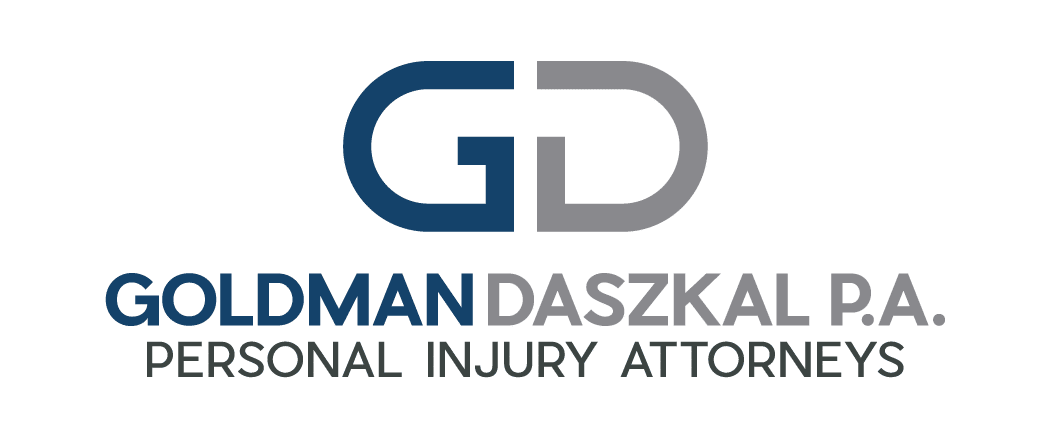
Have you ever booked your vacation accommodations through vacation property rental sites like AirBnB or HomeAway?
Have you ever considered renting out your property as a vacation rental?
With the growth in the peer-to-peer (P2P) property rental market in the last few years, individuals across the United States are discovering a relatively simple, straight forward new revenue stream — renting out their homes via internet-based property rental companies such as AirBnb, VRBO, Flipkey and HomeAway.
If renting your home as a vacation rental is a tempting proposal, read these important tips before you sign up!
In the United States, people are realizing that they may be able to rent out all or part of their home for up to 14 days per year, tax-free. The income from the two week rental may be a nice bonus, especially if it’s for a property you only use occasionally. To find out if you are able to rent out your property and how to account for related taxes, consult with local property rental laws and a qualified accountant.
If you are considering renting out your place for over two weeks per year, you may be able to deduct direct expenses related to renting out your home, including rental agency, advertising, cleaning, and repair costs. To find out how to structure your rental property lease and taxes, consult your accountant and the property rental company of your choice.
But what about property liability?
Although vacation rental property companies witness few incidents of major property damage, minor scratches and damage to furniture and the interior of the home is common. How can you protect your property and the individuals renting it?
- Meet with your insurance agent and select an insurance policy that is optimal for you, your home, and the regularity with which you plan to rent out your home. If you rent out your home frequently, you may want to consider a landlord insurance policy or something similar that protects your home, furniture, appliances, as well as lost rental income due to damage, legal fees, and liability protection. Another option is to require guests to purchase damage protection to cover any accidental damage.
- Make sure you include an ample refundable damage deposit in the agreement to deter potential renter carelessness and provide a means to repair damage.
- Keep updated photos of each room of the home as reference.
- Carefully document any damage with photos stamped with the date and time. Include notes about the findings.
- Put a protocol in place for anyone who may visit the property during or after renter stays (e.g., cleaning or maintenance contractor.) Ensure that the protocol addresses what they should do if they find any damage.
- If the damage is small, you may want to consider it as general “wear-and-tear”.
- If there is more than basic “wear-and-tear” damage, take time to investigate the situation before making any assumptions. Contact the renter to discuss the damage; ask neighbors if they saw or heard anything.
- Depending on the extent of the damage, you will need to 1) consider whether it makes sense to keep the deposit, 2) determine if you should pursue an insurance claim, 3) decide that the damage is part of the property rental business and return a partial or full deposit, or 4) consider legal action. Keep in mind that your decision – even if it’s completely justified – may also be reflected as a negative review for your property on your vacation rental booking site.
- If you plan to make a claim against your property insurance for the damage, consult with your insurance agent first.
- If the damage was significant and the deposit won’t begin to cover it, it may be time to consider legal options. Consult a law firm with expertise in property liability such as Goldman & Daszkal, P.A.
Since 1990, Goldman & Daszkal, P.A. has provided reputable legal representation to people throughout Palm Beach, Broward, and Miami-Dade Counties. The firm has helped thousands of individuals recover compensation from motor vehicle and boating accidents, slip and fall accidents, product defect and liability cases, pharmacy errors, and negligent security cases to cover medical expenses, pay bills, take care of their families, and return to work. Goldman & Daszkal, P.A. can help you get the relief you need to start living your life again after a serious injury. For a free and confidential consultation, contact Goldman & Daszkal, P.A., at (954) 428-9333.
